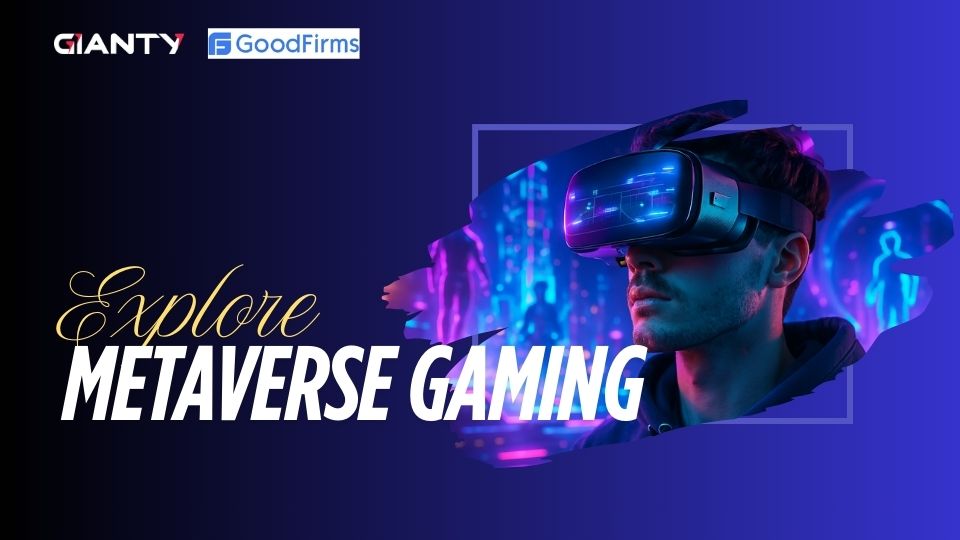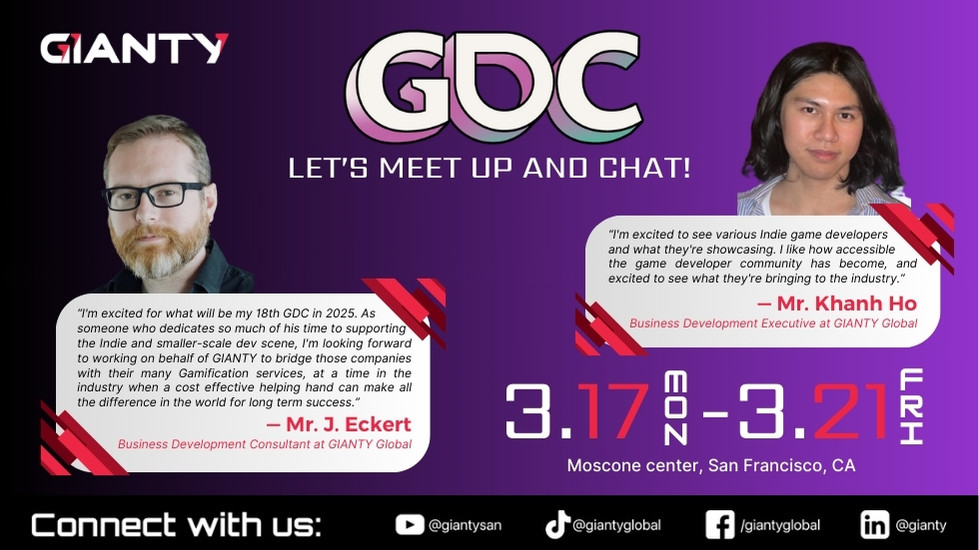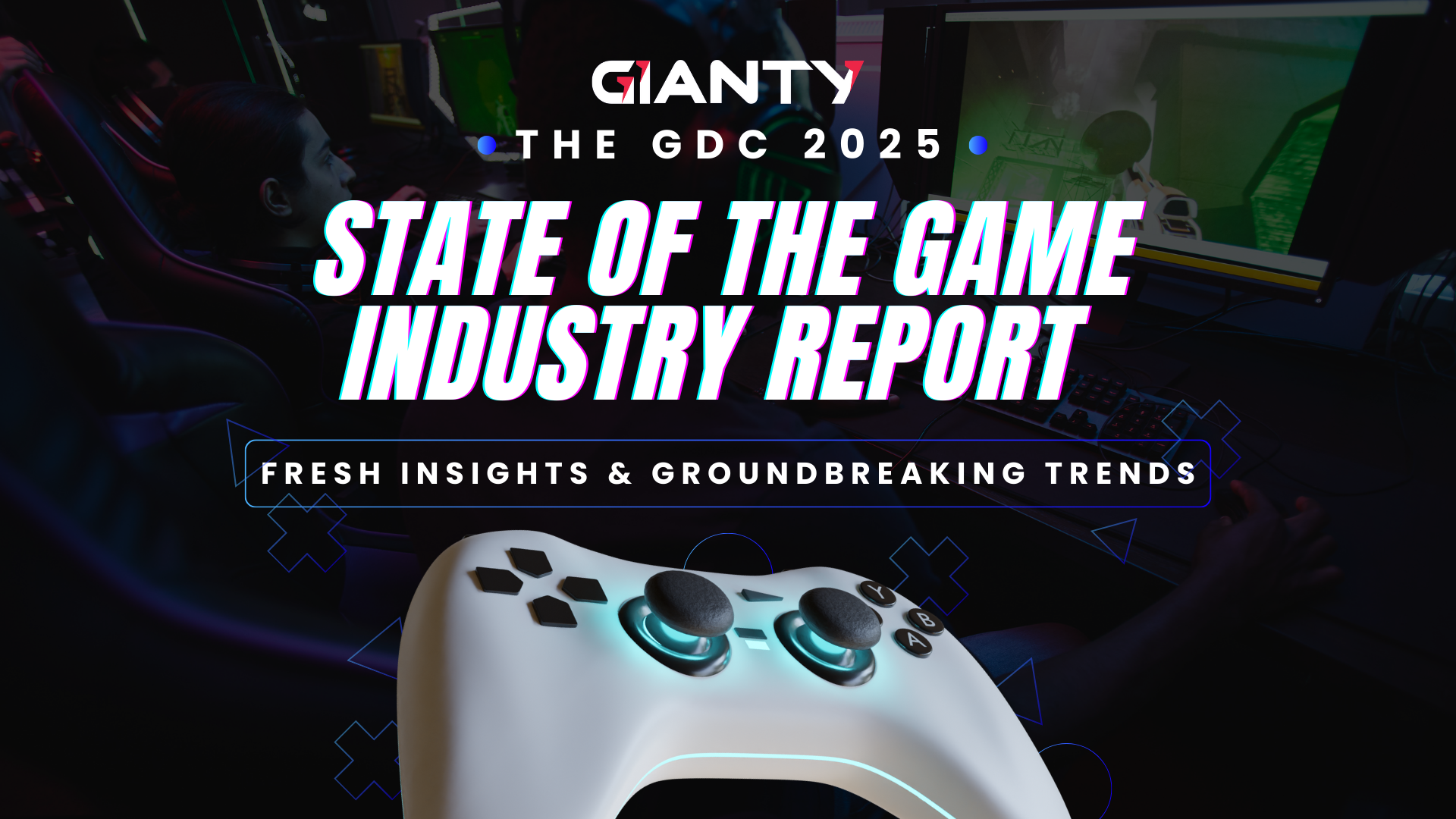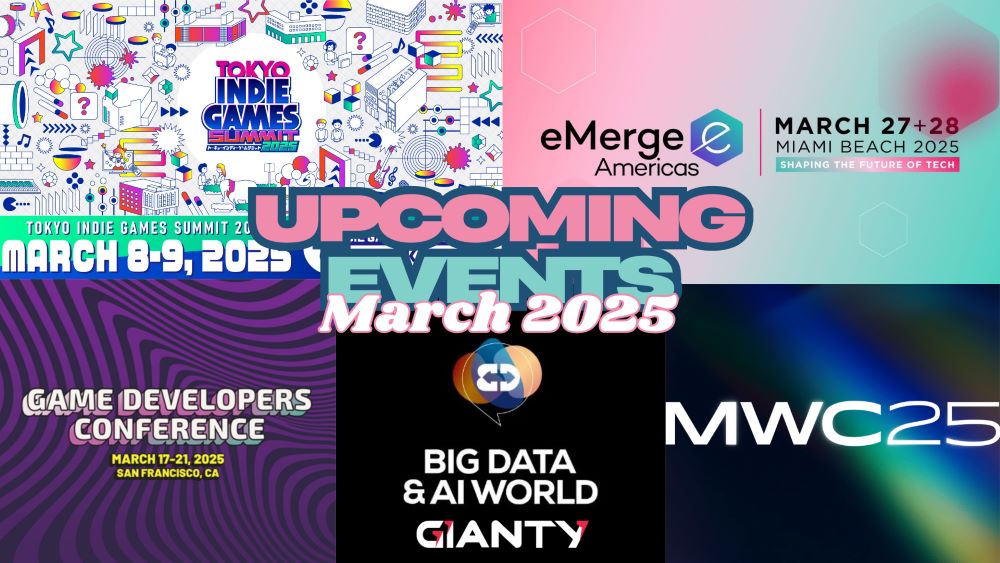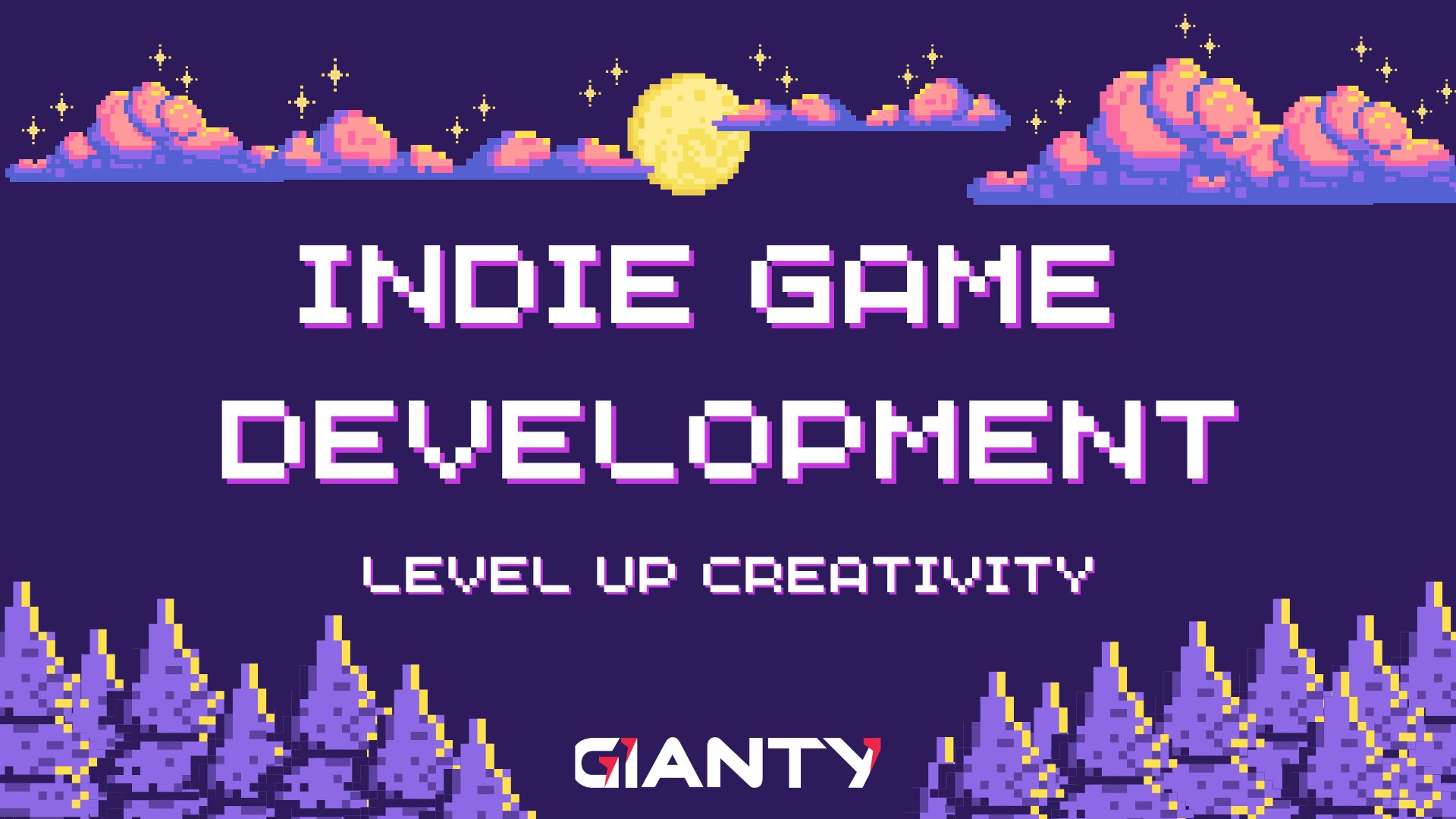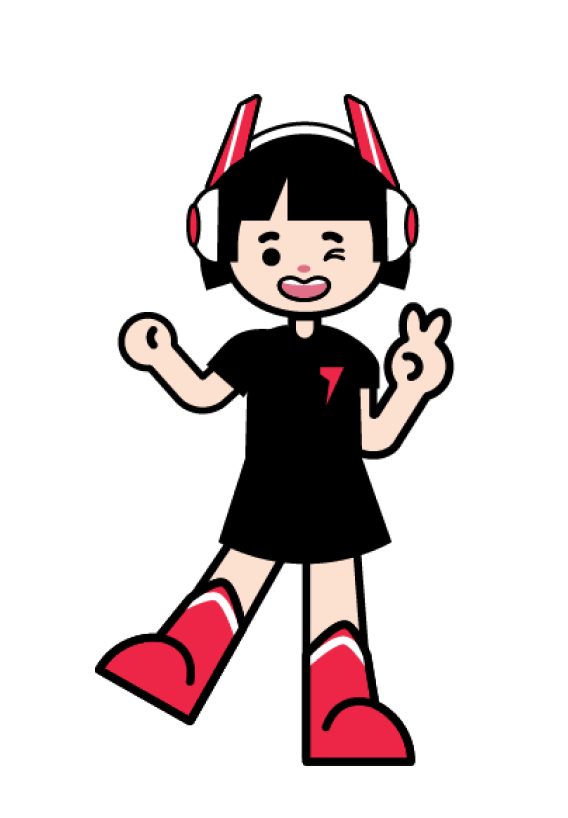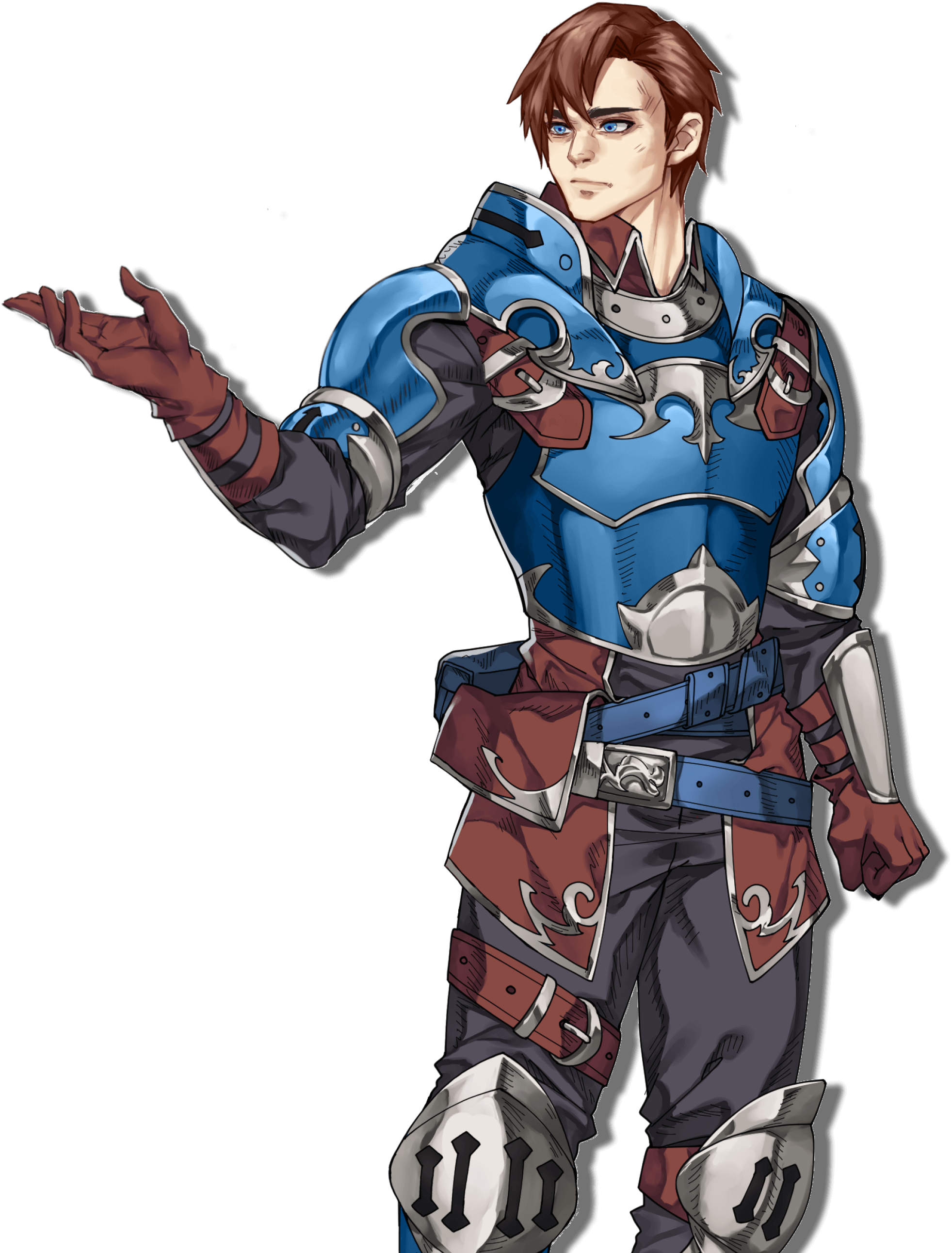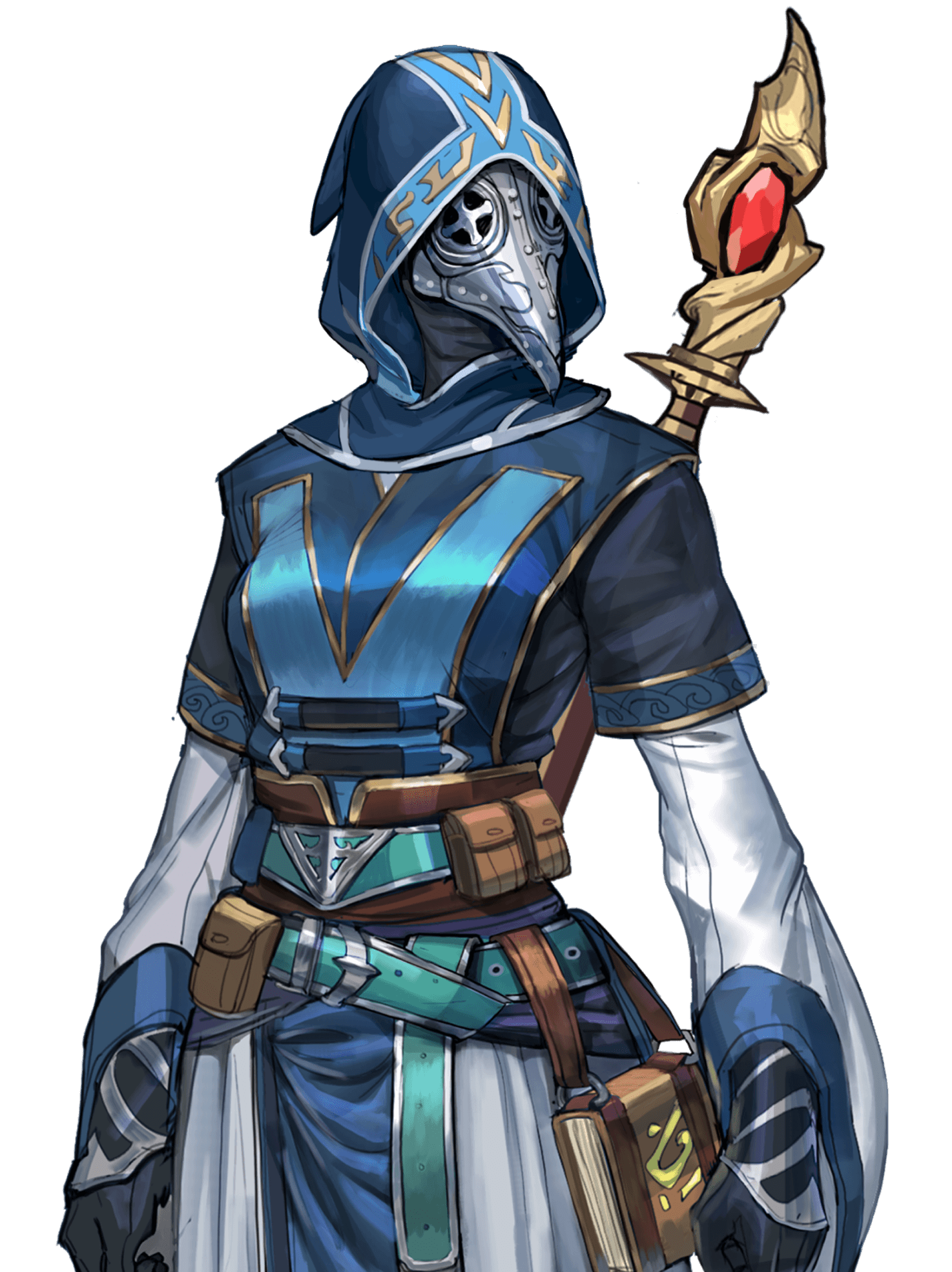A gameplay programmer is an essential force in the creative process of video game development. These professionals are the bridge between a game’s concept and the player’s experience, transforming creative ideas into interactive gameplay. But what exactly does their role involve?
In this post, let’s explore their responsibilities, essential skills, and the path to becoming a gameplay programmer.
What is a Gameplay Programmer?
A gameplay programmer is a specialized software developer dedicated to implementing the interactive elements of a video game. Unlike other programmers who may focus on graphics, sound, or networking, gameplay programmers concentrate on the core experience of how the game plays.
Their primary responsibility is to take the game designer’s vision and translate it into a functional, enjoyable experience. They achieve this by writing code that controls character movements, game mechanics, and various other elements that define the player’s interaction with the game.
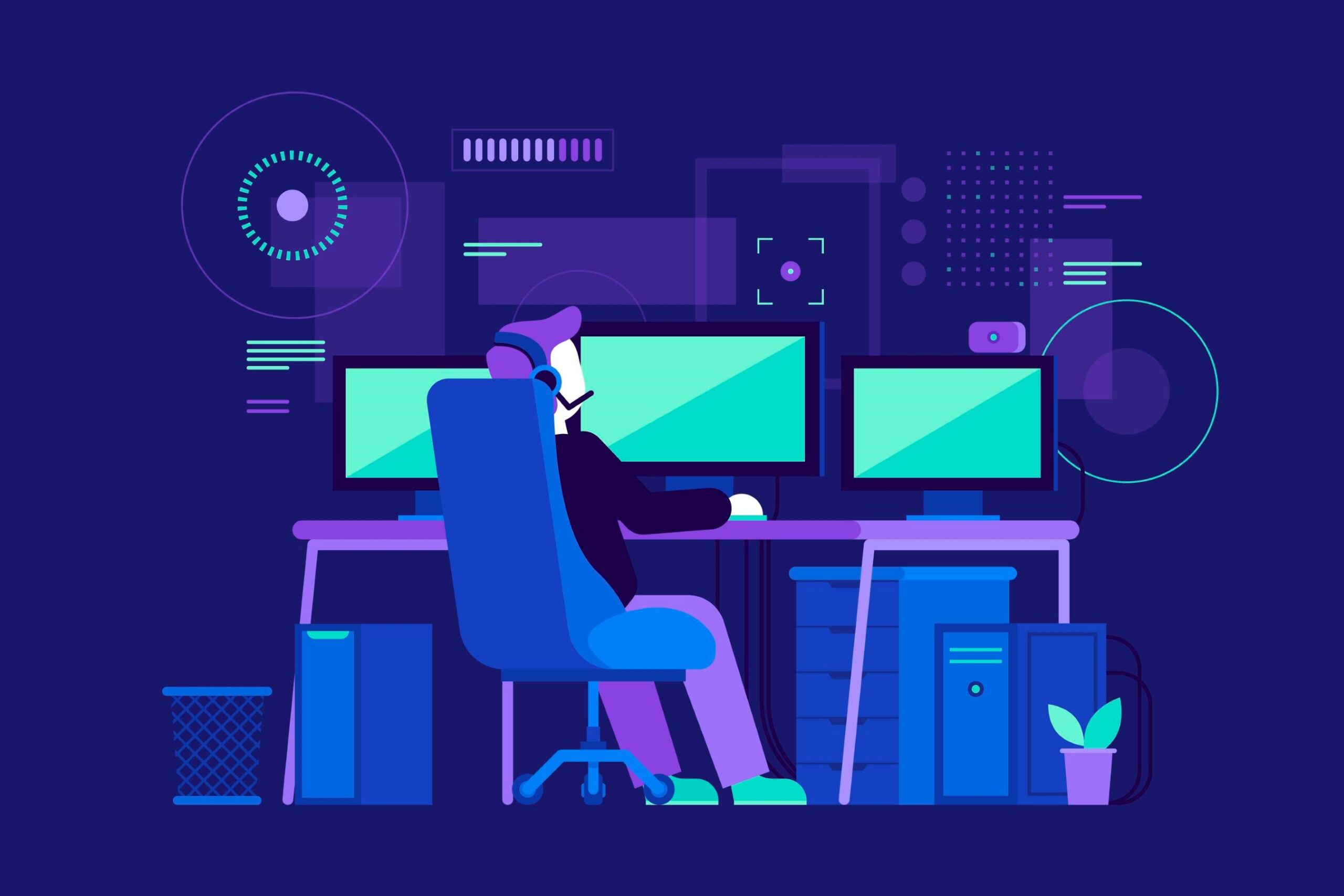
What Does a Gameplay Programmer Do?
Gameplay programmers create and implement the core mechanics that shape the player’s experience. They design features like character movement, environment interactions, game rules, and physics systems, ensuring the game feels right. Their focus is on enhancing the user experience and polishing the game to the highest quality.
Gameplay programmers are essential in developing multiplatform games and making key technological choices. They collaborate closely with game designers to ensure features are well-balanced and seamlessly integrated into the game.
Moreover, gameplay programmers are tasked with optimizing game performance, fixing bugs, and setting up tests to maintain the game’s quality. They also write and maintain detailed technical documentation throughout the development process.
What Makes a Good Gameplay Programmer?
The player’s user experience, shaped by gameplay interactions, is crucial to the game’s appeal and quality. This makes the gameplay programmer’s role fundamental in both the design and programming stages of video game development.
A good gameplay programmer combines technical expertise with creativity and problem-solving skills. They excel in communication and teamwork, collaborating to bring game concepts to life.
A keen eye for detail, a passion for crafting enjoyable gameplay, and a commitment to continuously learning and adapting to new technologies are key traits that define an effective gameplay programmer.
What Are the Skills of a Gameplay Programmer?
A Gameplay Programmer must master several key skills to excel in their role. This includes expertise in object-oriented programming, data-driven programming, and gameplay programming. Proficiency in prototyping, advanced programming techniques, and languages like C++ and C# is also essential.
They must be proficient in using game engines and tools like Unity, Unreal Engine, and Godot. A strong foundation in math and physics is also essential, as these areas form the basis for many of the mechanics and systems within a game.
Beyond technical skills, creative problem-solving abilities are key. They often face complex challenges that require innovative solutions. Effective communication is also important, as they work closely with designers, artists, and other team members to make sure that technical ideas are clearly understood.
Key Skills for Gameplay Programmers:
- Proficiency in programming languages like C++ and C#
- Strong foundation in math and physics
- Experience with game engines such as Unity, Unreal Engine, and Godot
- Creative problem-solving abilities
- Effective communication and teamwork skills
- Attention to detail and a passion for creating engaging gameplay
- Willingness to continuously learn and adapt to new technologies
How to Become a Gameplay Programmer
Becoming a gameplay programmer requires dedication and a passion for both programming and gaming. Most professionals in this field start with a degree in computer science, software engineering, or a related discipline. Some may also have backgrounds in mathematics or physics.
Aspiring gameplay programmers should focus on learning the basics of programming languages like C++ and C# through online courses, boot camps, or university programs. Building a portfolio is crucial—this can be done by creating simple games or game mechanics, participating in game jams, or contributing to open-source projects.
Hands-on experience with game engines like Unity and Unreal Engine is crucial, as they help developers bring projects to life and grasp the technical aspects of game development. Keeping up with industry trends and learning new tools is vital in the ever-evolving gaming industry.
Networking through online communities, industry events, or seeking mentorship can open up valuable opportunities and help aspiring gameplay programmers grow their careers.
Opportunities for the Profession of Gameplay Programmer
Gameplay programmers have a wealth of opportunities to advance their careers. With experience and mastery of new technologies like AI, they can move into leadership roles such as Lead Gameplay Programmer, overseeing and guiding development teams.
They can also specialize further, focusing on areas like AI programming or even transition into game design roles, where they can leverage their technical expertise to shape and create innovative gameplay experiences.
Overall, the profession offers a wealth of opportunities for growth and specialization, making it a compelling career choice for those passionate about game development and eager to explore new technologies and roles within the industry.
Conclusion
In summary, gameplay programmers play a crucial role in transforming a game’s creative vision into a compelling player experience. Their expertise in coding interactive elements and optimizing performance ensures that games function smoothly and engage players effectively.
Their collaboration with various teams helps shape how players interact with and enjoy the game, making them integral to the success of any video game project. Their contributions are essential in creating an enjoyable experience, highlighting their significance in the gaming industry.
With a diverse range of career opportunities for growth and specialization, gameplay programming offers a dynamic and rewarding path. Whether advancing to leadership roles, specializing in emerging technologies like AI, or transitioning into game design, the field provides numerous avenues for development.
About GIANTY
At GIANTY, we pride ourselves on being a leading force in software and game development. Our team of skilled artists and developers plays a critical role in bringing innovative and exciting gaming experiences to players worldwide.
With a strong focus on creativity, technical excellence, and collaboration, GIANTY continues to push the boundaries of what’s possible in game development.
If you’re passionate about game development and want to be part of a dynamic and innovative team, GIANTY might be the perfect place for you.



